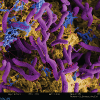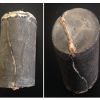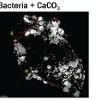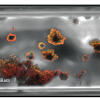Energy Biotechnologies
Microbial processes in energy
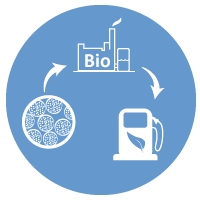
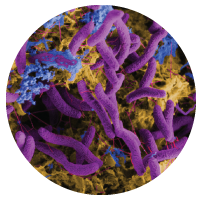
Researchers in ERI are developing microbially induced calcite precipitation for sealing leaky wellbores, suppressing coal ash dust, and sealing fly ash ponds to prevent leaching. Fundamental work to improve biofuel production from algae and fungi is being pursued as is use of biofilms for wastewater treatment. Additionally, methods to stimulate mcrobial conversion of coal to methane in situ are being developed.
Researchers
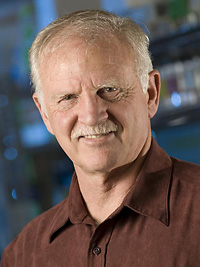
Al Cunningham is a professor emeritus in the Civil Engineering Department. He is responsible for strategic planning and project management for Energy Research Institute (ERI) projects involving biomineralization for CO 2 storage security, well bore integrity, and fly ash stabilization.
Dr. Cunningham can be reached at 406-994-6109 or al_c@montana.edu.
Website: http://www.biofilm.montana.edu/people/faculty/cunningham-al.html
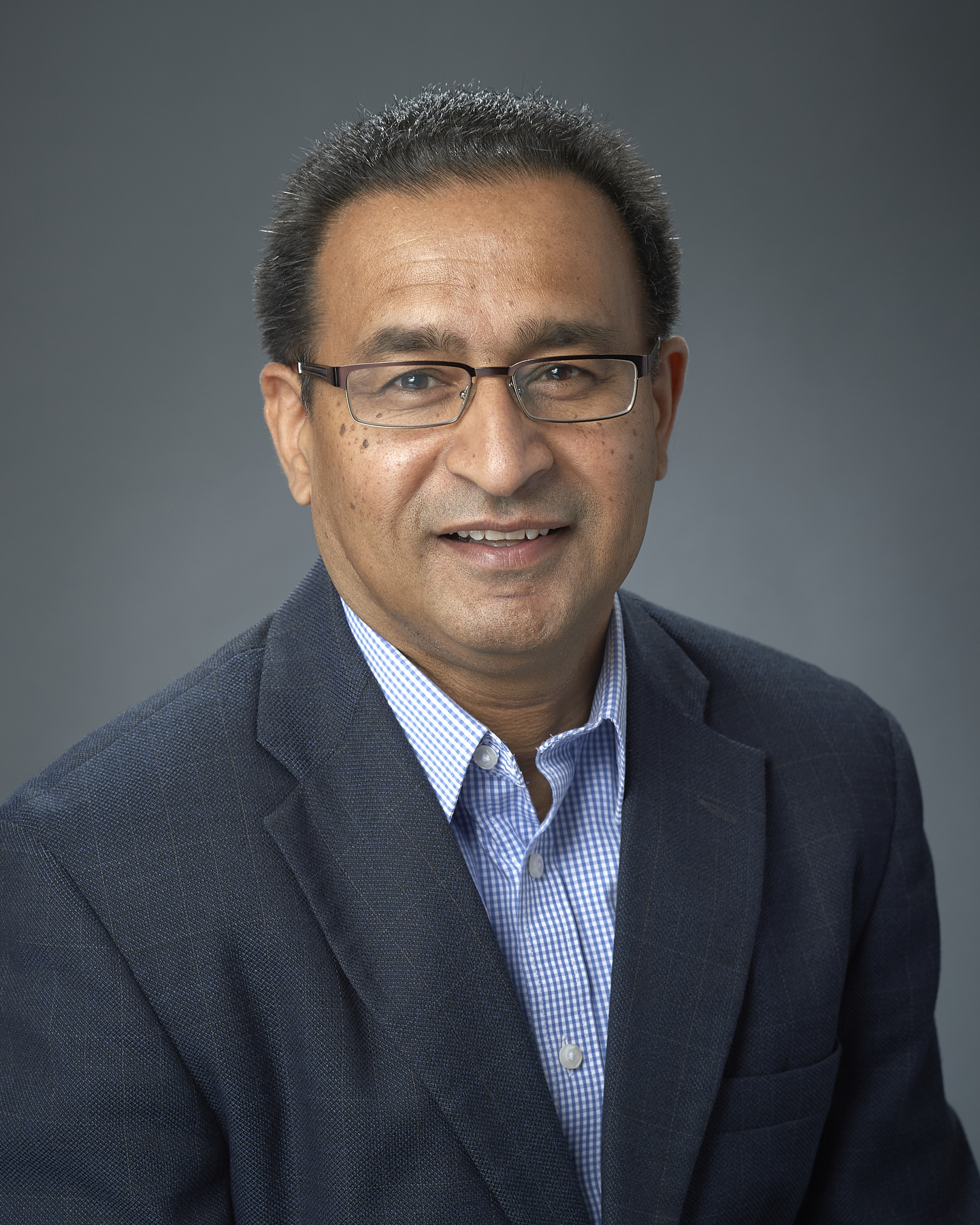
Dr. Dilpreet Bajwa is a Professor and Head of the Mechanical and Industrial Engineering Department. Prior to joining the academia, he worked in the engineered fiber/polymer composites industry (International Paper, Masonite Corp., Greenland Composites) for 12 yrs. in various Research and Development leadership roles. Before joining MSU he was Professor at North Dakota State University and served as an Adjunct Professor in the Department of Agriculture and Biological Engineering at the University of Arkansas, Fayetteville, AR. He graduated from University of Illinois at Urbana-Champaign with M.S and Ph.D. in Wood Science and Engineering. His current professional interests include development of novel sustainable, multifunctional materials from renewable feedstocks and agricultural byproducts, nanocellulosic materials for developing safe fire-retardant systems and thermochemical energy storage materials, solid biofuels, processing and characterization of carbon and natural fiber composites. He is an Editor-in-Chief of Industrial Crops and Products Journal. His research is funded by USDA, NIST, DOE and US Army. Dr. Bajwa has authored over 91 peer-reviewed papers, technical articles in various journals, books and holds a patent.
Dr. Bajwa can be reached at 406-994-6783 or dilpreet.bajwa@montana.edu.
Website: https://www.montana.edu/mie/directory/2216563/dilpreet-bajwa
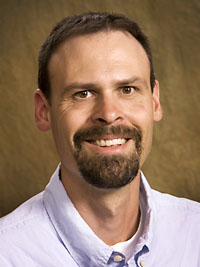
Matthew Fields is a professor in the Microbiology and Immunology Department, the director of the Center for Biofilm Engineering, and a Biofilm Physiology & Ecology Team Leader. In the area of biofuels, he studies eukaryotic photoautotrophs in terms of the accumulation of biomass and lipids as well as the recycling of water and nutrients. In the area of subsurface hydrocarbons, he studies the biogenic conversion of coal to natural gas.
Dr. Fields can be reached at (406) 994-7340 or matthew.fields@montana.edu.
Website: http://www.biofilm.montana.edu/people/faculty/fields-matthew.html
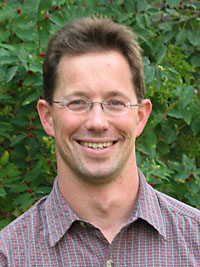
Robin Gerlach is a professor in Center for Biofilm Engineering (CBE), Energy Research Institute (ERI), Thermal Biology Institute (TBI), and the Montana Institute on Ecosystems (IoE) at MSU. His research focuses on the development of microbial biofilm technologies for beneficial purposes, including microbially enhanced carbon sequestration at geologic CO 2 injection sites, microbially enhanced coal bed methane production, and phototrophic biotechnology including algal biofuels.
Dr. Gerlach can be reached at 406-994-1840 or robin_g@montana.edu.
Website: http://www.biofilm.montana.edu/people/faculty/gerlach-robin.html
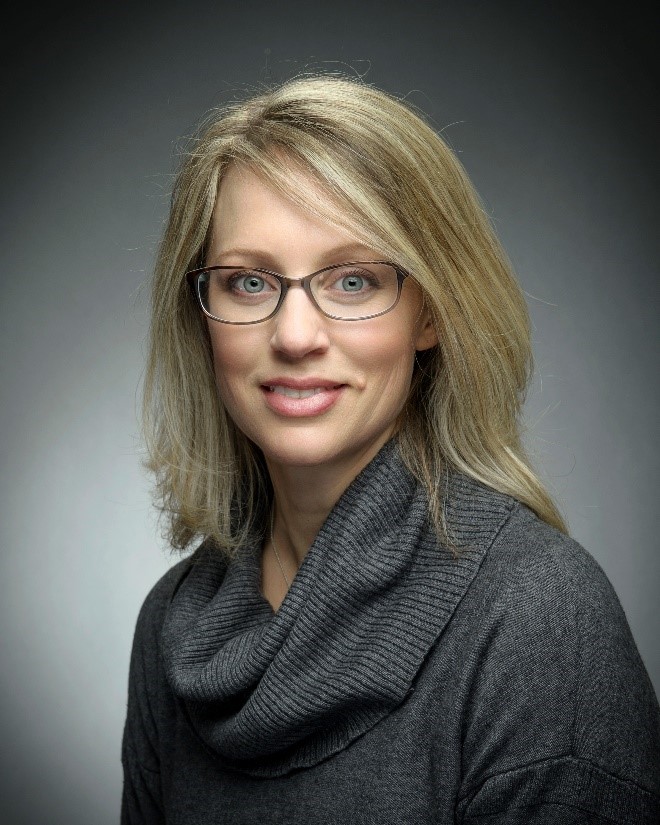
Catherine Kirkland is an assistant research professor in Civil Engineering working on wellbore leakage mitigation with advanced precipitation strategies. She recently earned a Ph.D. in Environmental Engineering from MSU as a member of the Center for Biofilm Engineering and the College of Engineering Magnetic Resonance Lab. Her Ph.D. research focused on the use of low-field nuclear magnetic resonance to detect biofilms and biomineralization in the subsurface.
Dr. Kirkland can be reached at 406-994-4770 or catherine.kirkland@montana.edu .
Website: http://www.biofilm.montana.edu/people/faculty/kirkland-catherine.html
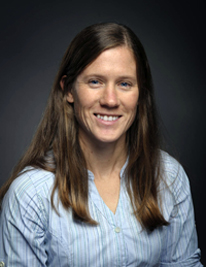
Ellen Lauchnor is an assistant professor in the Civil Engineering Department and the Center for Biofilm Engineering. She specializes in environmental engineering. Dr. Lauchnor’s energy research focus in on biofilms in wastewater treatment and biological nitrogen removal, impact of emerging contaminants on wastewater treatment processes, fundamentals and applications of microbially induced mineral formation, and reactive transport in biofilm systems.
Dr. Lauchnor can be reached at 406-994-2134 or ellen.lauchnor@montana.edu.
Website: http://www.biofilm.montana.edu/people/faculty/lauchnor-ellen.html
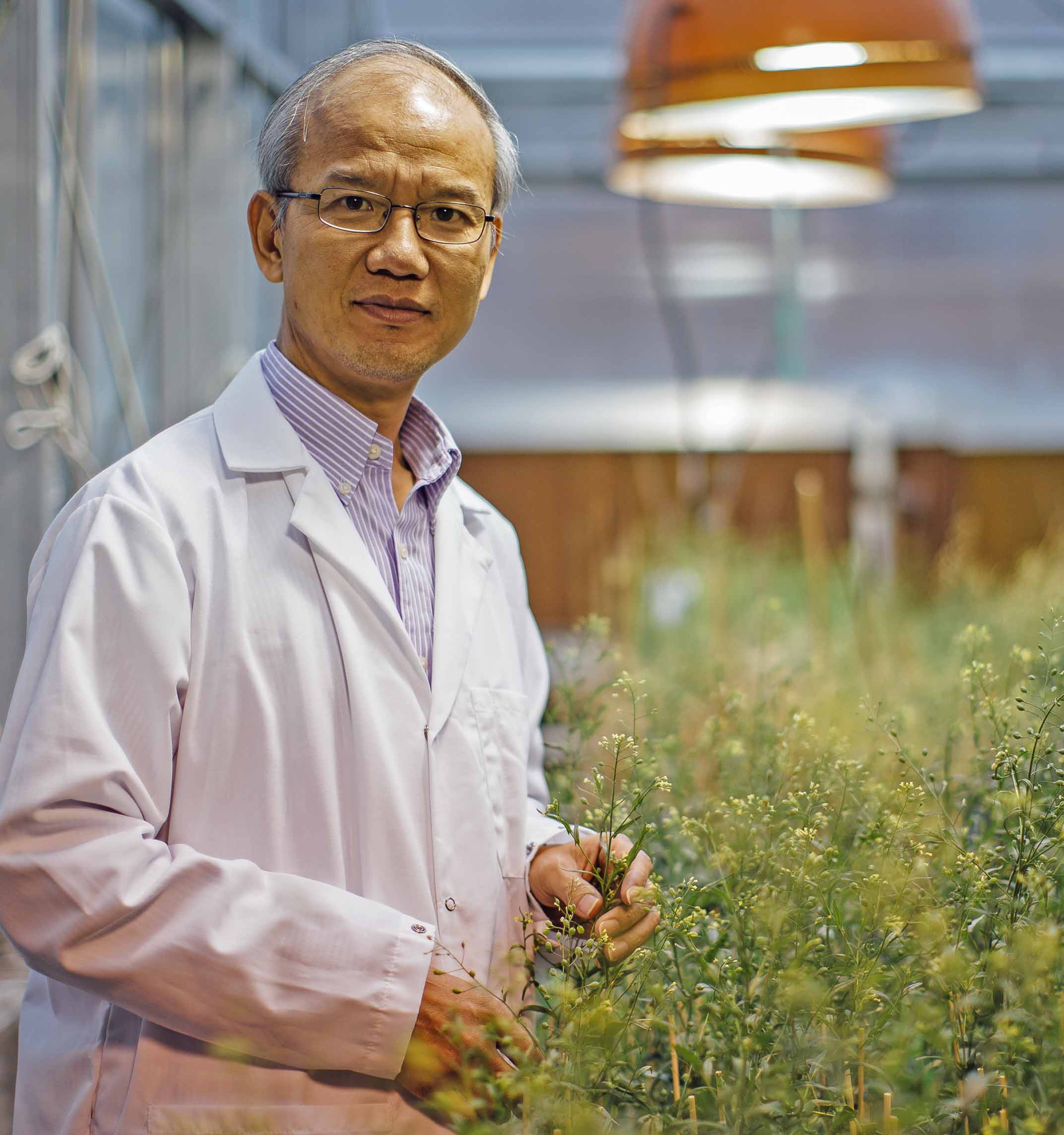
Chaofu Lu is an associate professor in the Plant Sciences & Plant Pathology Department. Seed oils (primarily triacylglycerols, TAG) are an important source of human food, and are increasingly used in biofuels and biomaterials. While oils from major crops such as soybean and canola, and the model plant Arabidopsis thaliana contain predominantly 18-carbon unsaturated fatty acids, there are more than 300 additional modified fatty acids found in different plant TAG. Many of these unusual fatty acids have high-value properties that are important in a range of industrial applications. Dr. Lu’s research goal is to understand genetic and biochemical factors that determine this diversity in oilseed plants.
Dr. Lu can be reached at 406-994-5741 or clu@montana.edu.
Website: http://plantsciences.montana.edu/facultyorstaff/faculty/lu/
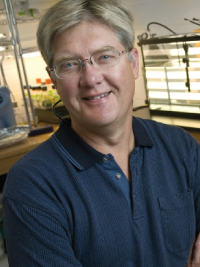
Brent Peyton[BROKEN LINK]
Brent Peyton is a professor in the Chemical and Biological Engineering Department. He is also the Director of the Thermal Biology Institute at Montana State University, and on the Executive Board of the NSF Center for Biofilm Engineering. With 27 years of experience with biological systems, his research is focused on characterizing microorganisms and microbial processes to solve problems in natural and engineered systems, including development of biofuels and bioremediation systems. Dr. Peyton has authored and co-authored 108 peer-reviewed publications and holds five patents in applications of environmental biotechnology.
Dr. Peyton can be reached at (406) 994-7419 or bpeyton@montana.edu.
Website: www.chbe.montana.edu/BPeyton/
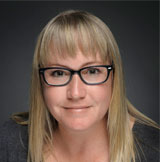
Adrienne Phillips is an assistant professor of Environmental Engineering in the Civil Engineering Department. She is also a faculty associate of MSU’s Center for Biofilm Engineering and the Energy Research Institute. Dr. Phillips’ research focuses on the use of biofilm-based technologies for the improvement of deep subsurface wellbore integrity.
Dr. Phillips can be reached at 406-994-2119 or adrienne.phillips@montana.edu.
Website: http://www.montana.edu/ce/instructors_professors/faculty/PhillipsAdrienne.html

